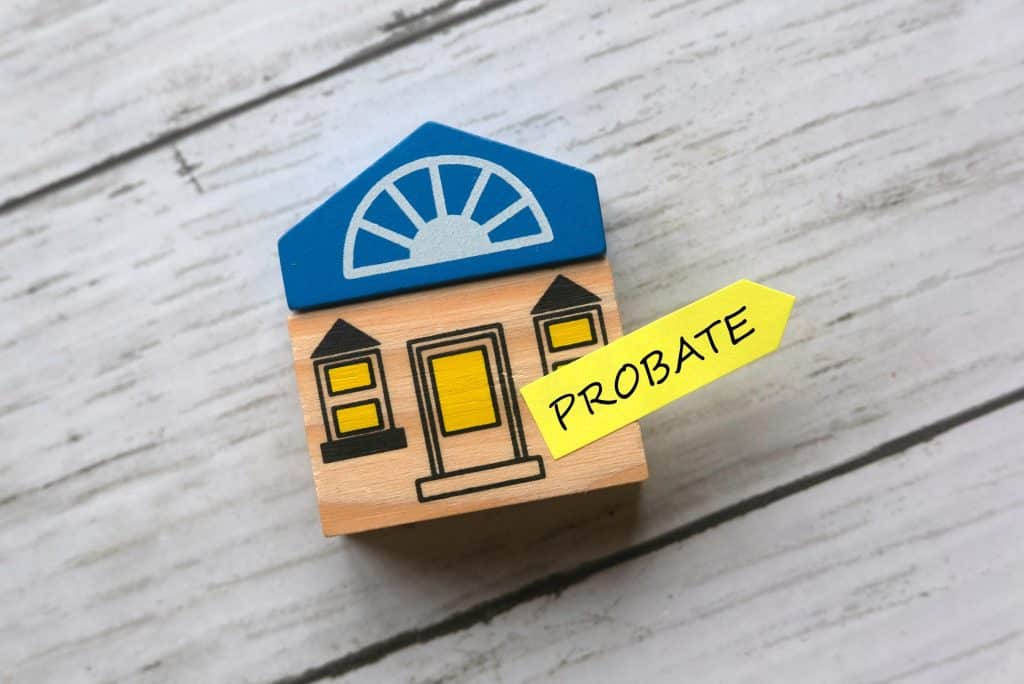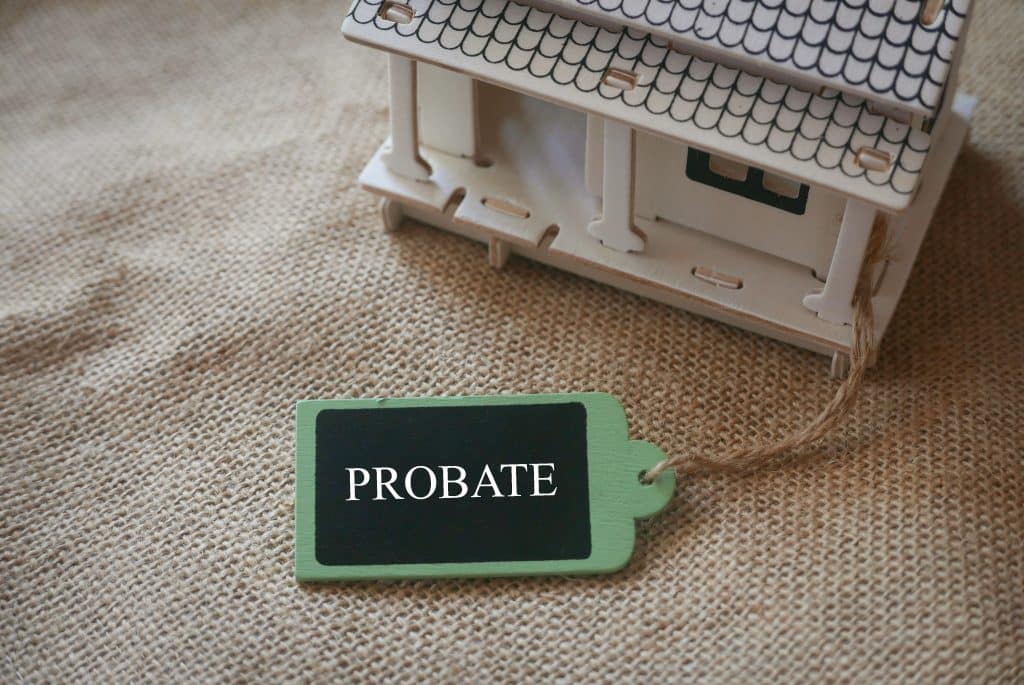Probate is the legal process that allows someone named as executor (or next of kin) to manage a deceased person’s estate, meaning paying debts, handling taxes, and distributing what’s left to beneficiaries. Let’s make how probate works simple to understand:
What Is Probate — Explained Clearly
Probate is the legal step that gives the executor or next of kin authority to deal with the deceased’s assets.
- If there’s a valid will, you’ll apply for a Grant of Probate.
- Without a will, you’ll apply for a Grant of Letters of Administration.
- These grants serve the same purpose: allowing safe and lawful estate administration.
💡 Tip: Without one of these grants, most banks or organisations won’t release money from the deceased’s accounts.
The Probate Process — What You Need to Know
| Step | What Happens | Why It Matters |
|---|---|---|
| 1. Identify assets & liabilities | List the estate’s assets and debts | Clarifies what can be distributed |
| 2. Apply for the relevant grant | Submit the application to the Probate Registry | Grants legal authority over the estate |
| 3. Settle debts & taxes | Pay Inheritance Tax, Income/Capital Gains Tax, and administrative costs | Clears liabilities before distribution |
| 4. Prepare estate accounts | Document all payments in and out | Ensures transparency and accuracy |
| 5. Distribute remaining assets | Transfer what’s left to beneficiaries under will or intestacy laws | Closes the probate process |
Why Understanding How Probate Works Matters
- Whether you’re an executor or beneficiary, knowing how probate works helps set realistic expectations and avoid costly mistakes.
- Even if assets seem small, you may still need probate, especially when institutions like banks require it.
- Executors benefit from acting carefully; accuracy in early steps avoids disputes or delays later.
How Long Does Probate Take?
The probate process typically takes 6 to 12 months, depending on the size and complexity of the estate. Delays often occur if:
- There’s no will
- The estate includes property
- There are disputes between beneficiaries
- Tax issues are involved
Do I Always Need Probate?
You might not need probate if:
- The estate is small (under £5,000–£15,000, depending on the bank)
- Everything was jointly owned (like a joint bank account or home)
However, most estates with property or multiple bank accounts will require probate, especially when institutions demand proof before releasing funds.
Why Use a Probate Solicitor?
Handling probate yourself is possible, but it can be overwhelming. At Freeman Jones, our experienced wills and probate solicitors help ease the burden by:
- Applying for probate on your behalf
- Managing all tax and legal paperwork
- Ensuring debts are paid correctly
- Distributing the estate fairly and legally
✅ We offer fixed-fee probate services and a free 20-minute consultation to get you started with confidence.
Take the First Step in Managing a Loved One’s Estate
If you’re asking yourself, “How does probate work?”—you don’t have to navigate the process alone. Let Freeman Jones Solicitors support you through it.
📞 Call us: 01244 506 444
📧 Email us: info@fjsolicitors.co.uk
📍 Visit us: Offices in Chester, Liverpool, Warrington and Wrexham
💬 Or request a callback — we’ll get back to you quickly.
Probate doesn’t have to be stressful—we make it simple.







